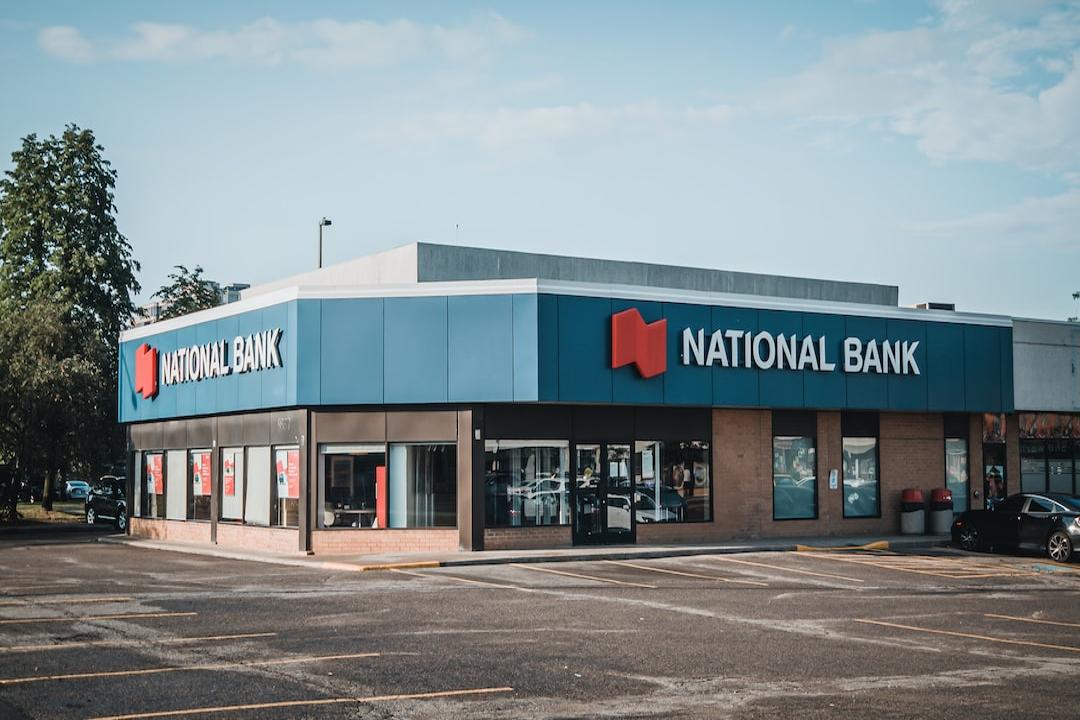Ethereum (ETH) co-founder Vitalik Buterin has voiced his dissatisfaction with the current state of cryptocurrency regulation in the U.S.
In a recent interaction on Warpcast, Buterin criticized the regulatory framework for fostering the development of projects that make vague promises of returns without substantial backing. He argued that if crypto returns and rights are to be treated as securities, the focus should be on creating tokens that maintain or increase in economic value.
Buterin emphasized the need for genuine cooperation between regulators and the crypto industry to bring about this shift.
The discussion was sparked on June 28, when Jason, a member of the Ethereum Foundation, posted on Warpcast, reflecting on a tweet Buterin had shared in 2022 during the debate over Sam Bankman-Fried’s proposed frontend regulation.
In the 2022 tweet, Buterin suggested various regulations for the frontends of decentralized finance (DeFi) platforms to curb opportunistic behavior and enhance safety. These included limits on leverage, transparency regarding audits or other security checks on contract code, and usage gated by knowledge-based tests rather than net-worth minimums.
Jason reiterated his support for Buterin’s proposed regulations and invited him to share his current views on the matter. He also suggested the idea of a popup displaying the current tokenomics breakdown of a coin before a swap, with links to Etherscan showing how top holders acquired their coins.
In response on June 29, Buterin highlighted the core issue with U.S. crypto regulation. He pointed out that while projects with vague promises can operate freely, those providing clear information about returns and rights are often classified as securities and face stricter regulations. He described this situation as an “anarcho-tyranny” harmful to the crypto space.
Buterin called for a regulatory environment where issuing a token without a clear long-term value proposition carries greater risk. He believes that providing a transparent long-term outlook and adhering to best practices should ensure the safety of crypto tokens. Achieving this, he noted, would require sincere engagement from both regulators and the industry.
Buterin’s comments came shortly after a U.S. judge dismissed the U.S. Securities and Exchange Commission (SEC) claim that secondary sales of Binance’s BNB token qualify as securities. This decision, influenced by the SEC vs. Ripple case, emphasized the economic reality of transactions in applying the Howey Test. The ruling that secondary sales of Binance Coin do not qualify as securities was a significant win for crypto traders.

